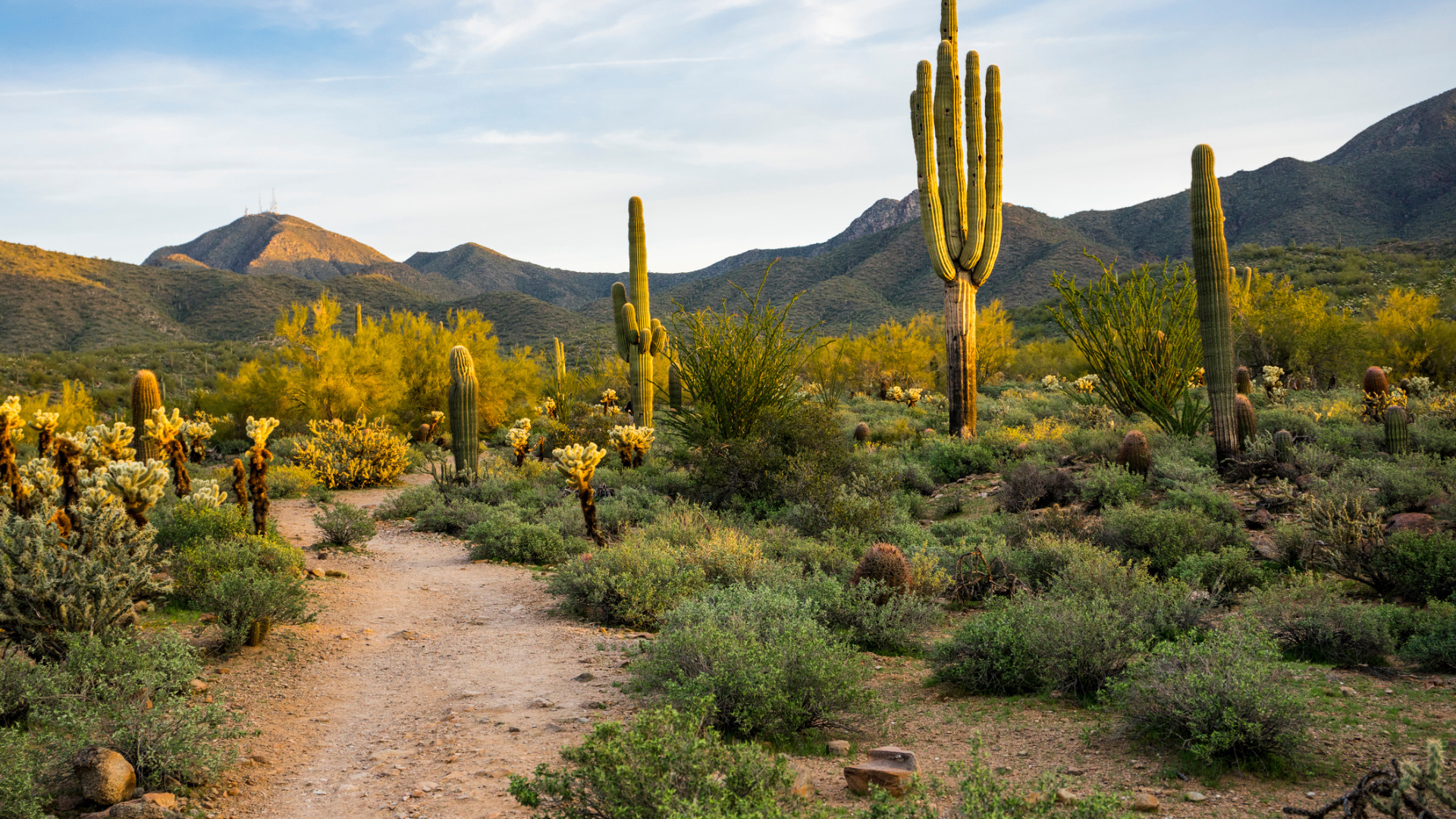The 11 worst things to take on a camping trip, according to an expert
Our tried-and-tested guided to what not to pack for different camping adventures
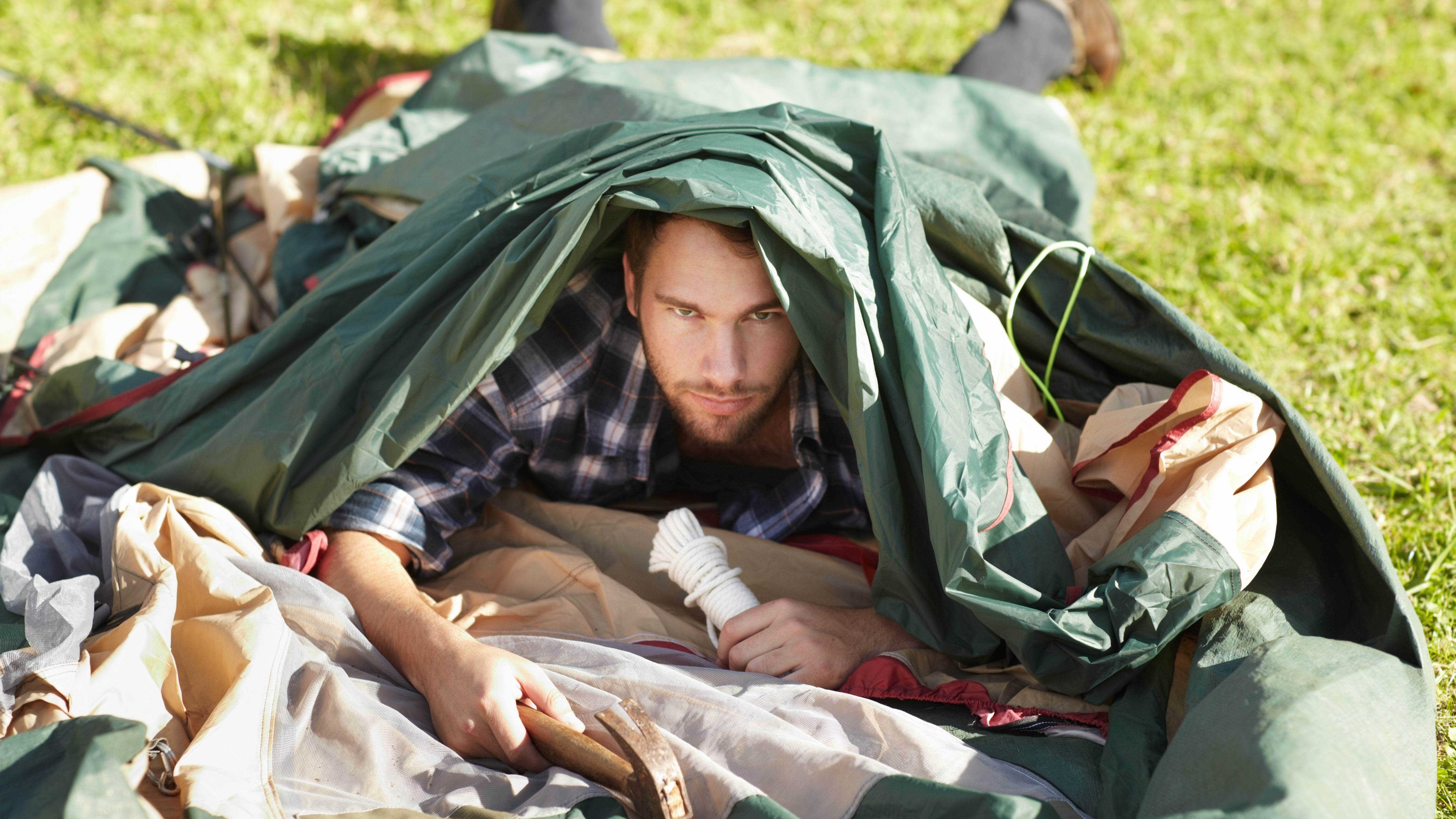
Camping expeditions come in all shapes and sizes, from lightweight wild camping adventures to family car camping holidays. However, whatever type of adventure you're planning, there are a few items that you should always leave at home. Here are
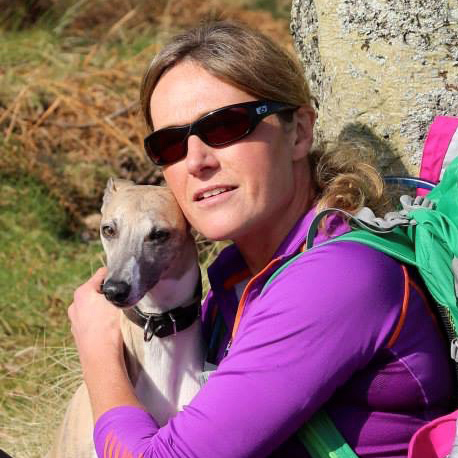
Fiona is lucky enough to live within easy driving distance of the Scottish Highlands, where she runs the trails and hikes the mountains. She's completed the 282 Munros (the Scottish peaks over 3,000 feet) and is an expert when it comes to picking the right gear for enjoying the great outdoors.
1. The wrong tent
Choose a tent that will ideally suit your purposes. If you are going wild camping, make sure it’s a lightweight tent. If it’s a family camping trip, ensure the tent is the right size for the group, with different areas for sleeping and living.
Old tents should be checked before you go to make sure they are fit for purpose. A leaky tent will be the wrong tent during a night of heavy rain. Likewise, you should make sure you have the right poles and pegs for your tent.
New tents should be erected somewhere close to home before you take them away on a camping trip. It’s best to know how to put up your tent before you arrive at your chosen camping spot.
A tent that is to small, too low, has inadequate storage areas of has missing poles or pegs will inevitably be on of the worst things to take on a camping trip.
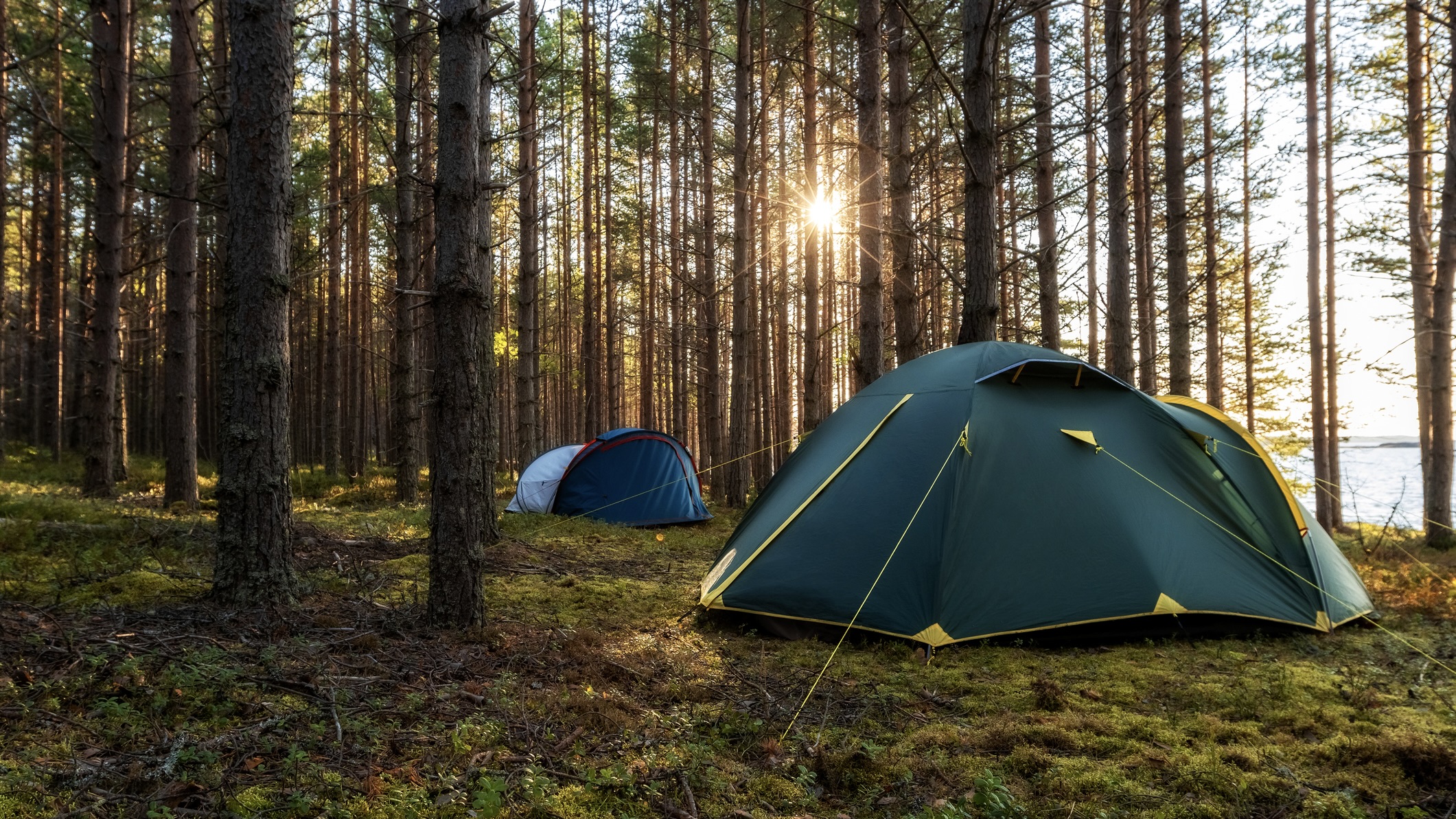
2. The wrong sleeping bag
Sleeping bags are rated for use in different seasons so you should check that you have a sleeping bag that will be sufficiently warm, or one that won’t make you too hot at night in the summer.
If you are backpacking, you’ll want a lightweight sleeping bag – not a heavy weight bag – that doesn’t fill the entire volume of your rucksack, yet keeps you warm.
Advnture Newsletter
All the latest inspiration, tips and guides to help you plan your next Advnture!
In addition, you’ll need to choose the right sleeping bag too take depending on your camping trip. Down usually weighs less than synthetic fill and takes up less volume in a rucksack, yet when down gets damp or wet it loses its heat power.
If you are camping straight from the car, the weight and size of the sleeping bag will matter less but it’s still important to consider how warming your bag will be and how it will cope it it’s damp or wet.
The wrong sleeping bag means a sleepless night.
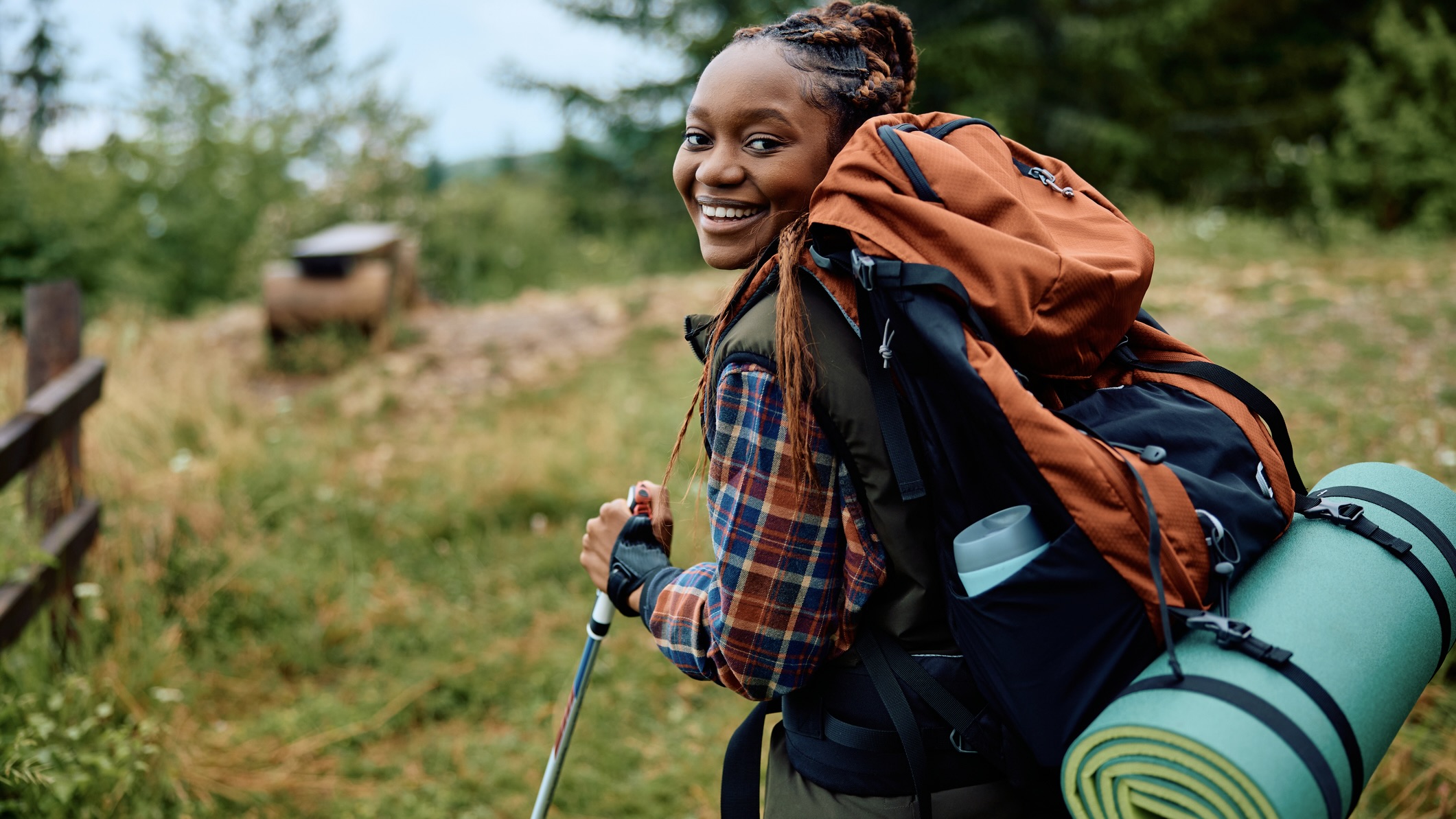
3. The wrong camping mattress
A good night’s sleep also relies on a good camping mattress. Discovering, when you set up camp, that your inflatable mattress has a puncture will not have a great outcome on a camping trip.
Also, we recommend you ditch the lightweight foam mats and choose a good quality inflatable mattress for the best camping experience.
However, be warned, an inflatable mattress that doesn’t offer you enough comfort – perhaps because it is not thick enough for your weight – will end up being a bad idea, too.
It is a good idea to try an inflatable mattress at home before you go camping to ensure good comfort.
4. A heavy backpack
If you are heading off for a hiking adventure and wild camping along the way, a heavy rucksack will wear you down. Think carefully about the essentials to pack in your rucksack for staying warm, dry and safe on the trails or in the hills but try not to take too many heavy extras.
If you are planning to camp straight from your vehicle, you can afford to pack more items and take extra just-in-case clothing and equipment, but even so, this will add to the number of journeys you need to make from your car to the camping spot.
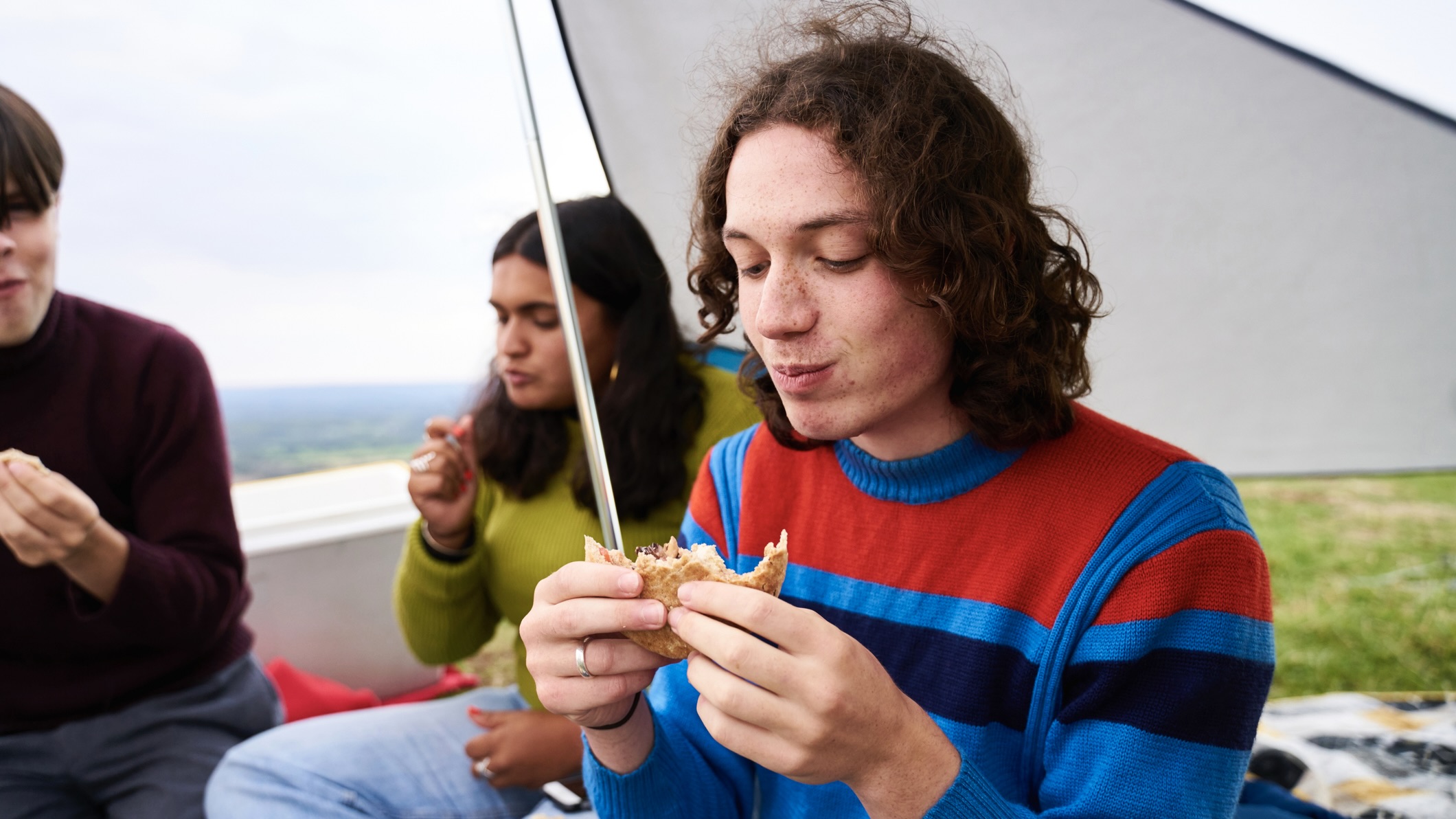
5. A (near) empty gas canister
It’s worth a check before you head off for a camping adventure to ensure your camping gas canister has sufficient fuel left for the length of your trip. There is little worse than discovering you have run out of gas just as you are about to make a much-needed morning coffee or as you try to cook an evening meal.
6. The wrong camping food
There are many types of foods made for camping, but some people like to take food products with the that are more normally found in the kitchen cupboards and fridge. The worst items to take for a camping trip are ones that will go off, such as fresh milk, yoghurt or meats.
Foods that melt in warm weather, such as chocolate, could be your worst idea, too, for camping.
If you are planning a backpacking trip, try to avoid heavier food products, such as those in tins. Dehydrated and lightweight foods will be much easier to carry and then all you need is some water to rehydrate and cook with.
If you know you will be tired after a day or hiking or camping activities, the worst camping foods will be ones that require a lot of preparation and cooking, while the best camping foods will be those that are simple to make, cook and eat.
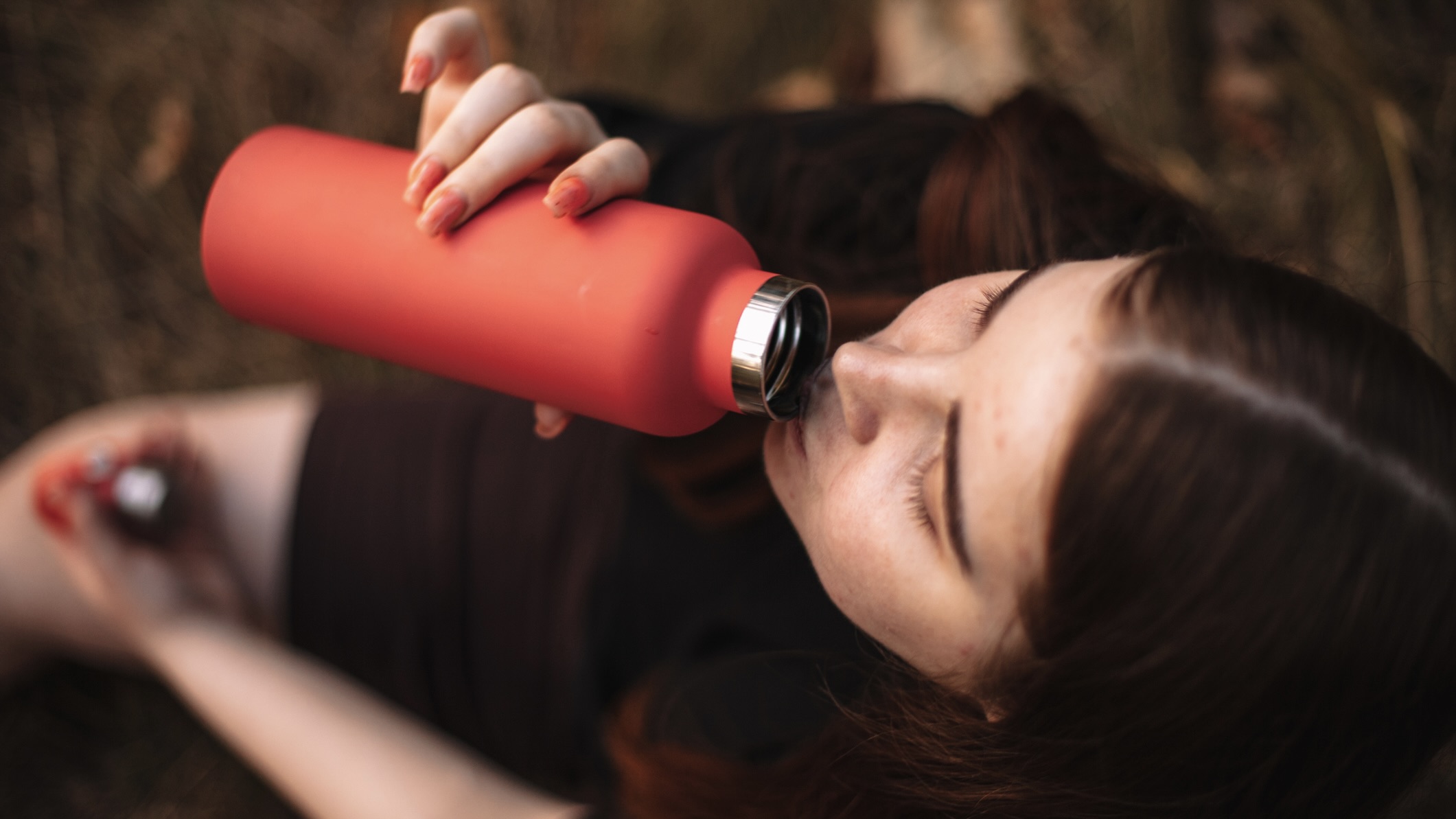
7. Glass and ceramics
Anything that can easily break, such as glass or ceramic plates, should be avoided for camping trips. Choose plastic or lightweight metal instead.
8. Too much alcohol
Staying hydrated while spending time outdoors is very important, especially in the warmer summer season. It’s fine to enjoy a few alcoholic drinks, too, of an evening but drinking too much could leave you seriously dehydrated.
It is often difficult to source enough water for rehydrating and this will be especially true if you have over-indulged on beer or wine.
9. The wrong tech
Many people now use their phone, a GPS watch or a satellite navigator for route finding, and they can be very useful additions to your kit list. The wrong thing to take is a device that isn't fully chargee, and is likely to run out of juice during your expedition.
Taking a power bank will help mitigate the risk, but always carry a map and compass as a backup too, and know how to use them.
10. Leak-prone bottles
If you have ever opened up your bag or rucksack to discover a leaking bottle of liquid, you will know why leak-prone toiletries or any bottled fluids are some of the worst things to take camping. Leaking lotions and liquids can leave many other items, such as clothes, wet, damp or smelling horribly of the leaky liquid.
11. The wrong clothes (and footwear)
Choose camping clothes that do not make you too sweaty and layer that dry quickly if they get damp or sweaty.
While synthetic baselayers are lightweight and usually quick-drying, they can also end up smelling of body odour quite quickly. Aim to choose merino – or other natural fibre – baselayers for less whiff from repeat wearing.
Take a waterproof jacket and warm layers to avoid being wet and cold if the weather suddenly changes.
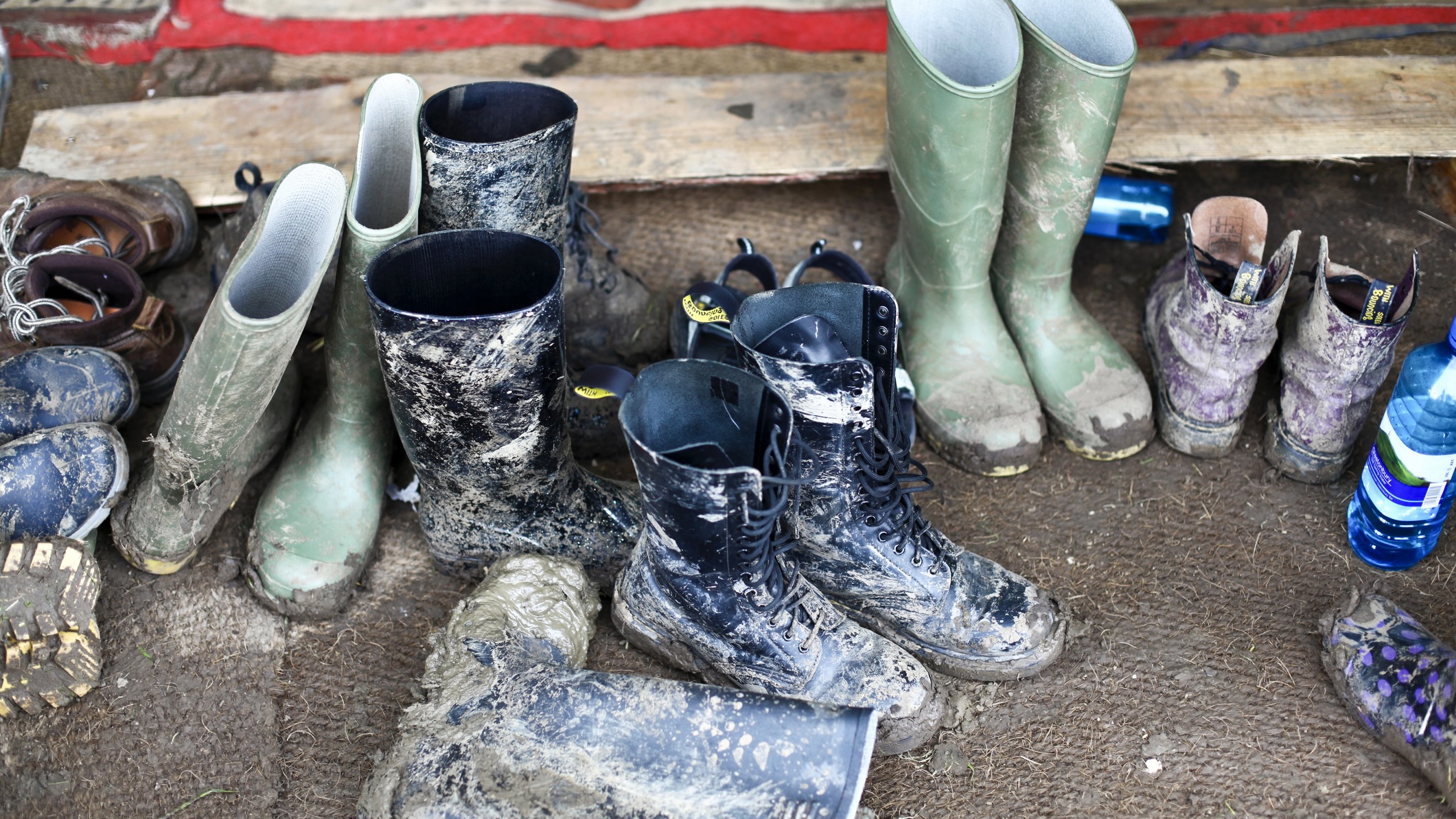
When it comes to footwear, think carefully about where you will be camping – will it be wet, dry, muddy, hot or cold? Then choose accordingly, whether it's hiking boots, trail shoes, hiking sandals or even rain boots.

Fiona Russell is a widely published adventure journalist and blogger, better known as Fiona Outdoors. She is based in Scotland and is an all-round outdoors enthusiast with favorite activities including trail running, mountain walking, mountain biking, road cycling, triathlon and skiing (both downhill and backcountry). Aside from her own adventures, Fiona's biggest aim is to inspire others to enjoy getting outside and exploring, especially through her writing. She is also rarely seen without a running skort! Find out more at Fiona Outdoors.
